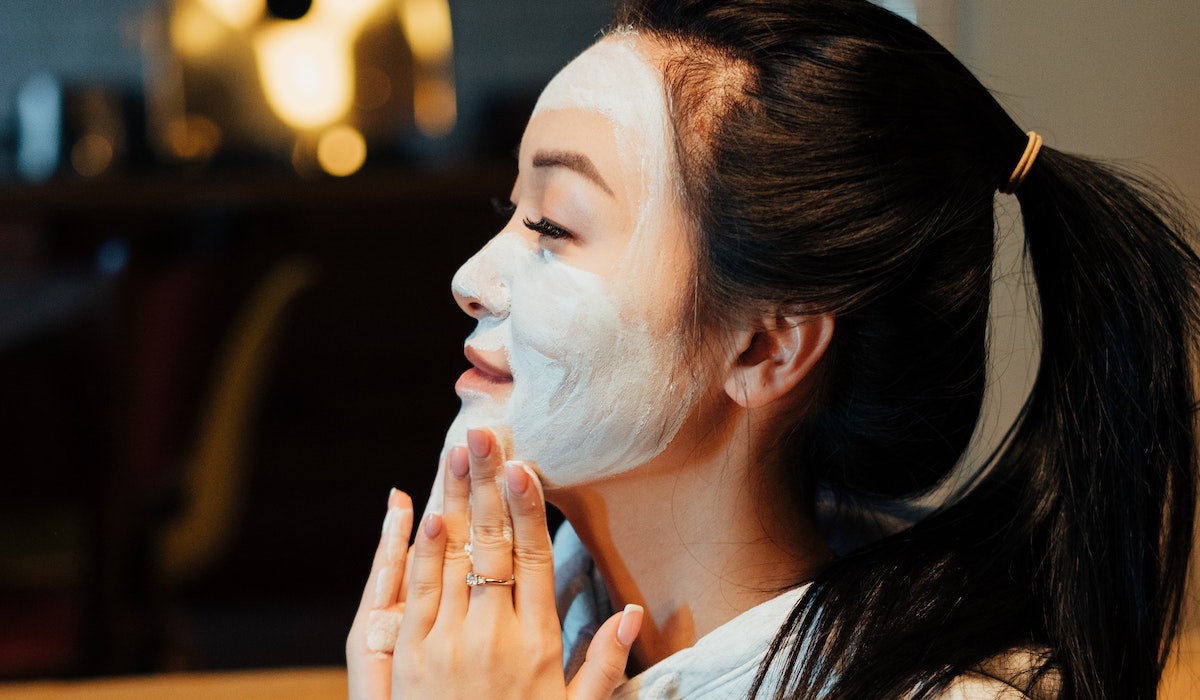Adapted from Spafinder.com
We know we should do it. And we’ve spent hundreds of dollars on scrubs and products to get rid of dead skin. But do we really know why we exfoliate?
The truth is, a regular routine of exfoliation, including professional services at a spa, are essential for smooth, beautiful skin. Plus, there are many benefits of exfoliation that help your skin stay healthy – and skin, by the way, is your body’s largest organ.
Go Skin Deep
In general, exfoliation refers to products or treatments that aid our complexion, and scrubs are used on the entire body. But the terms are interchangeable and whether we are exfoliating or scrubbing, we’re doing more than just clearing out dead skin.
The body naturally sheds skin on a regular cycle, but as we age, that shedding slows down. Exfoliating helps the body’s natural shedding as we age, but as we age we must also protect that new skin from the damage of the sun.
Cell turnover in healthy skin occurs, on average, like this:
- In your 20s: 14-25 days
- In your 30s: 30 days
- In your 40s: 40 days
So, a regime of exfoliation, timed to one’s age, is a great way to keep skin vibrant, soft and supple.
The many benefits of exfoliation:
- Removes oil that can plug pores and protects your complexion from blackheads, whiteheads and acne
- Fades age spots by removing superficial skin cells that contain pigment
- Shrinks pores and can minimize scars
- Makes wrinkles less visible because the new layer of skin can reflect light better
- Helps your skin absorb moisturizers and lotions better
It is clear exfoliation has benefits for all ages and skin types but which type is best for you?
Physical or Chemical?
You probably know about physical exfoliation. It’s smoothing your skin with a DIY sugar scrub. It is getting a professional scrub at a spa and leaving with baby soft skin. It’s what you do when you really don’t want to get out of the shower.
Exfoliants and scrubs are made from everyday ingredients like salt, sugar, seeds, fruits, oatmeal, coffee and crushed nuts or shells–or more exotic material like ruby crystals. You can purchase an exfoliant from your favourite beauty brand or salon, or you can DIY and mix up a yummy scrub at home.
Know Your Peels
The three common types of chemical exfoliation can be gentler on your skin than a physical scrub. However, it depends on the type of skin you have and the strength of a peel. That’s why a professional skin analysis performed by a trained esthetician is a vital first step in skincare.
- Alpha Hydroxy Acid (AHA) is a light chemical peel derived from natural sources like fruit milk or sugar and is a good choice for oily or sensitive skin.
- Beta Hydroxy Acid (BHA) is a synthetic light peel also known as salicylic acid. It is often recommended for acne-prone complexions.
- Enzyme exfoliates are also natural and are used for very sensitive skin. Enzymes work at a slower pace than acid-based peels and are therefore gentler
Travel the World with Scrubs
Exfoliation is a large part of many spa cultures. Whether it’s a treatment at a Korean spa or a Moroccan hammam, exfoliation has taken over the spa globe and each country has put its own spin on the scrub. Our recommendation: whenever you are at your local spa or travelling the world, check out the versions of exfoliations in different cultures, from traditional to futuristic advancements in the exfoliation sciences. Your skin will glow so why not dive in face first?
